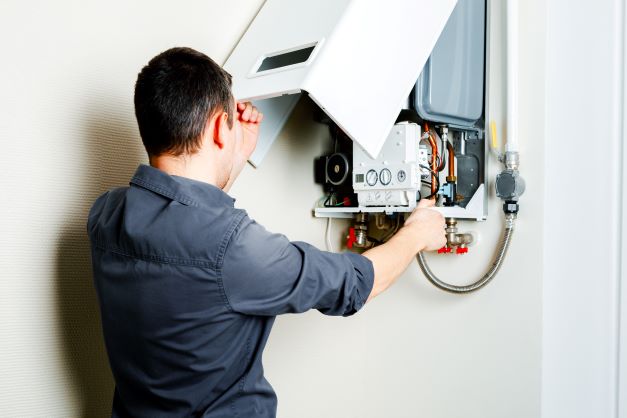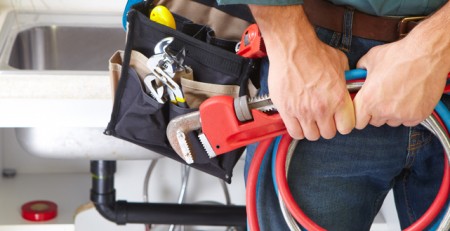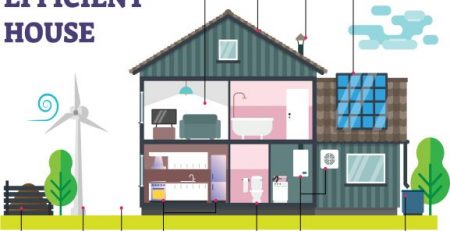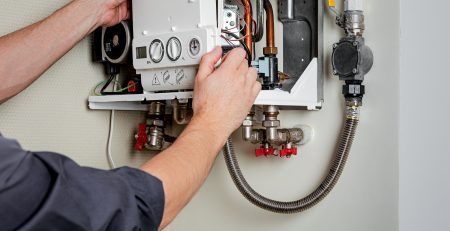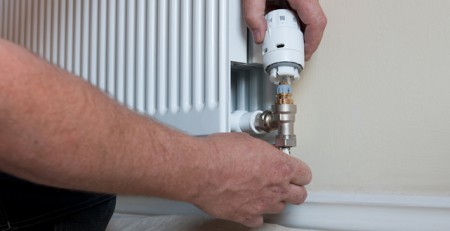What Funding is Available for Renewable Heating Appliances?
In order to incentivise homeowners to install low carbon heating solutions, the Government recently launched a new grant scheme named the Boiler Upgrade Scheme (BUS).
The scheme is part of a package of measures aimed to reduce the UK’s carbon footprint and reduce its dependency on fossil fuels.
The new scheme that opened for applications in May 2022, will offer either £5,000 or £6,000 towards the cost of a new air or ground source heat pump or biomass boiler installation.
The scheme is currently set to run between 2022 and 2025 and is managed by Ofgem, however the scheme is limited to 90,000 applications, therefore applications will be funded on a first come, first served basis.
The previous grant scheme, the Domestic Renewable Heat Incentive (RHI) has now closed to new applications with effect from 31st March 2022.
During this overview the eligibility criteria of the new scheme will be explored, as well as the application process of obtaining the funding.
We will also discuss whether the government’s current schemes go far enough to meeting its target of net-zero emissions by 2050.
What are the Eligibility Criteria for the Boiler Upgrade Scheme?
There are a range of eligibility criteria in order to apply for the scheme, including the type of property to be considered for funding, and the type of heating source desired.
Firstly, let’s review the property criteria. In order to apply for funding under the BUS, the property is required to be situated within England or Wales and be privately owned (including landlords, small business owners or second homeowners).
The property must also have an Energy Performance Certificate (EPC) (issued within the last ten years), without outstanding insulation recommendations, must not be a new build or be social housing, nor have received government funding previously for a heat pump or biomass boiler.
There are further criteria required should the property be a self-build property project. More details on self-build terms can be found on the government’s website.
The BUS scheme is available to homeowners, landlords or small business owners.
There are a number of heating technologies eligible for the new BUS up to an installation capacity of 45kW, including:
- An air source heat pump
- A ground source heat pump
- A water source heat pump
- Biomass boilers (within rural areas that do not have access to mains gas)
However, hybrid heat pump systems however are not eligible for the current BUS.
In addition to the property and system criteria, there are also further technicalities that must be met in order for an application to BUS to be successful as follows:
- The new heating system installation must have been commissioned on or after the 1st April 2022.
- The new installation must be capable of sufficiently heating and providing hot water for the entire property.
- The new heating system must be replacing an existing fossil fuelled heating system.
- And lastly, the new installation must meet the technical standards and minimum efficiency requirements.
How To Apply for the Boiler Upgrade Scheme
Unlike previous government grant funding with the BUS scheme, the household does not need to apply to the scheme directly as the installer will apply for the grant funding on the behalf of the customer.
Therefore, the first step of utilising the scheme is to find an installer to quote and undertake the installation.
The installer must be MCS certified in order to meet the quality requirements and to receive the funding for the installation.
To find an MCS certified installer, there is a search facility available on the BUS page of the government’s website.
It is highly recommended that a couple of MCS certified heating installers are contacted in order to request a range of quotes to compare heating solutions and prices offered. The installers themselves advise whether a low carbon heating solution is suitable for the property and would be eligible for a BUS grant.
Once a number of quotes have been obtained and compared, the homeowner should select the correct installation and installer for their needs.
The selected installer will then apply for the grant and Ofgem will contact the homeowner to confirm that the installer is acting on their behalf.
The value of the grant received will be issued in the form of a voucher and will be deducted from the overall cost of the new installation, therefore the homeowner will be invoiced the net cost.
Once the low carbon heating solution has been installed, Ofgem may contact the homeowner to undertake checks on the installation.
PS the scheme is not available for combi boilers, even modern condensing boilers unfortunately, but there are other funding options available, here’s a breakdown of combi boiler costs.
What Other Incentives Have the Government Announced?
In addition to the BUS, the government have also announced a cut in VAT for energy saving materials from 5% to zero VAT with effect from 1st April 2022.
This additional benefit will also incentivise households to install green and is set to last five years.
Summary
We have been taking a look at the new Boiler Upgrade Scheme that has opened for new applications as of May 2022, discovering the value of the funding available plus the eligibility criteria to apply to the scheme.
Although there are opportunities for homeowners, landlords or small business owners to benefit from the recently opened BUS grant, there are also critics of the scheme who have raised a couple of hurdles.
Firstly, the budget funding the scheme has been criticised as nowhere near enough at £450m, equating to a maximum of just 90,000 homes that could be accepted to the scheme.
Secondly, despite the funded announced, there is still a concern that the upfront cost of installing low carbon technologies is likely still to be a concern to many wishing to reduce their carbon footprint.
However, the government have made improvements since pulling the previous Green Homes Grant that was criticised due to the admin issues of issuing vouchers to customers directly.
To summarise, although there are hurdles to jump through in order to benefit from BUS, if the remaining of the upfront costs can be funded and the property is suitable, the scheme can provide a long term, low carbon renewable heating source.


